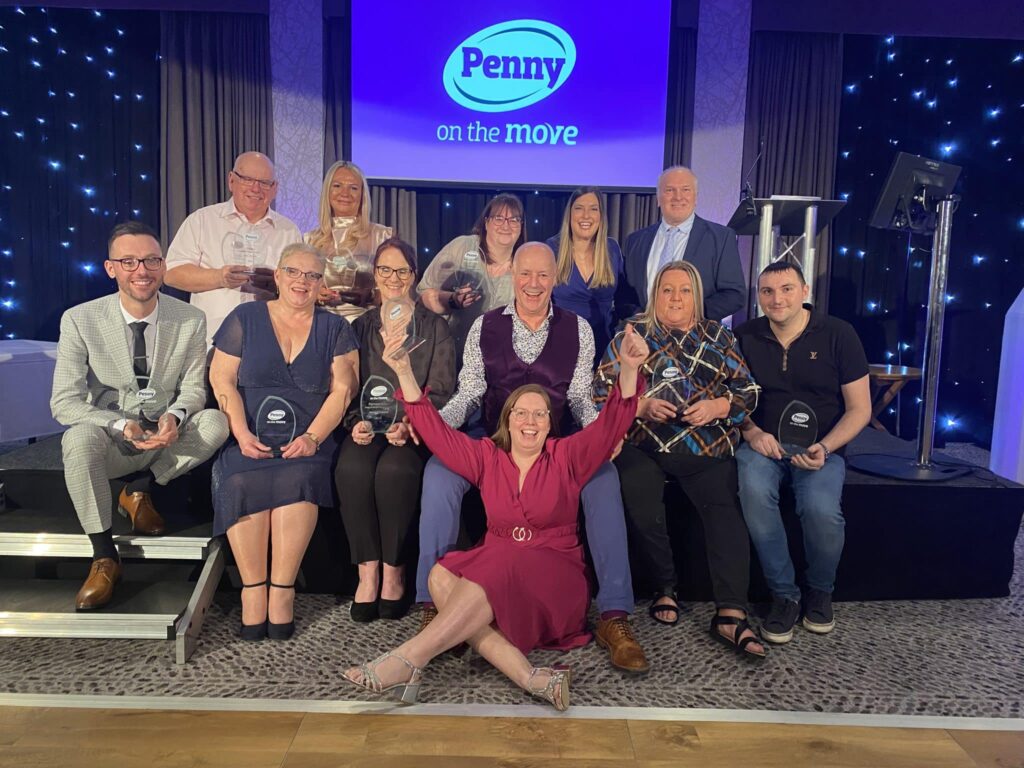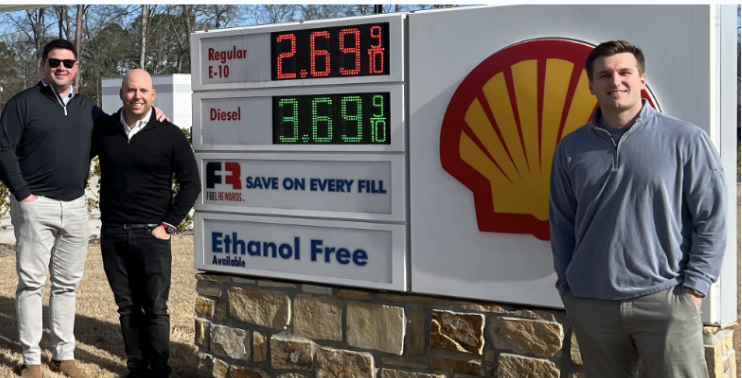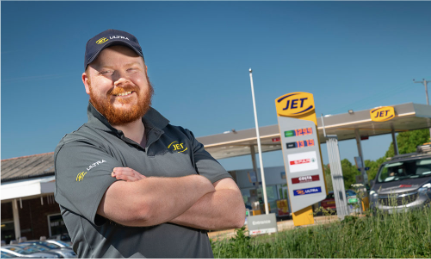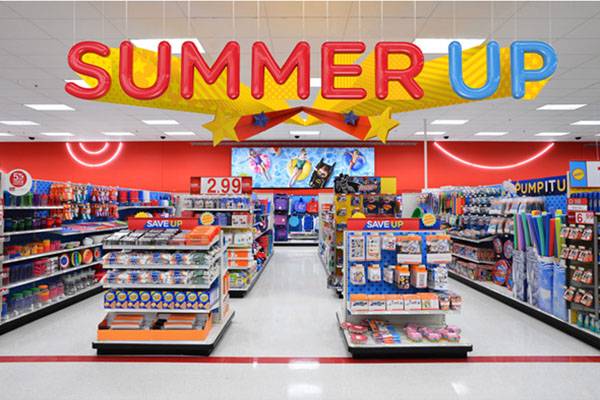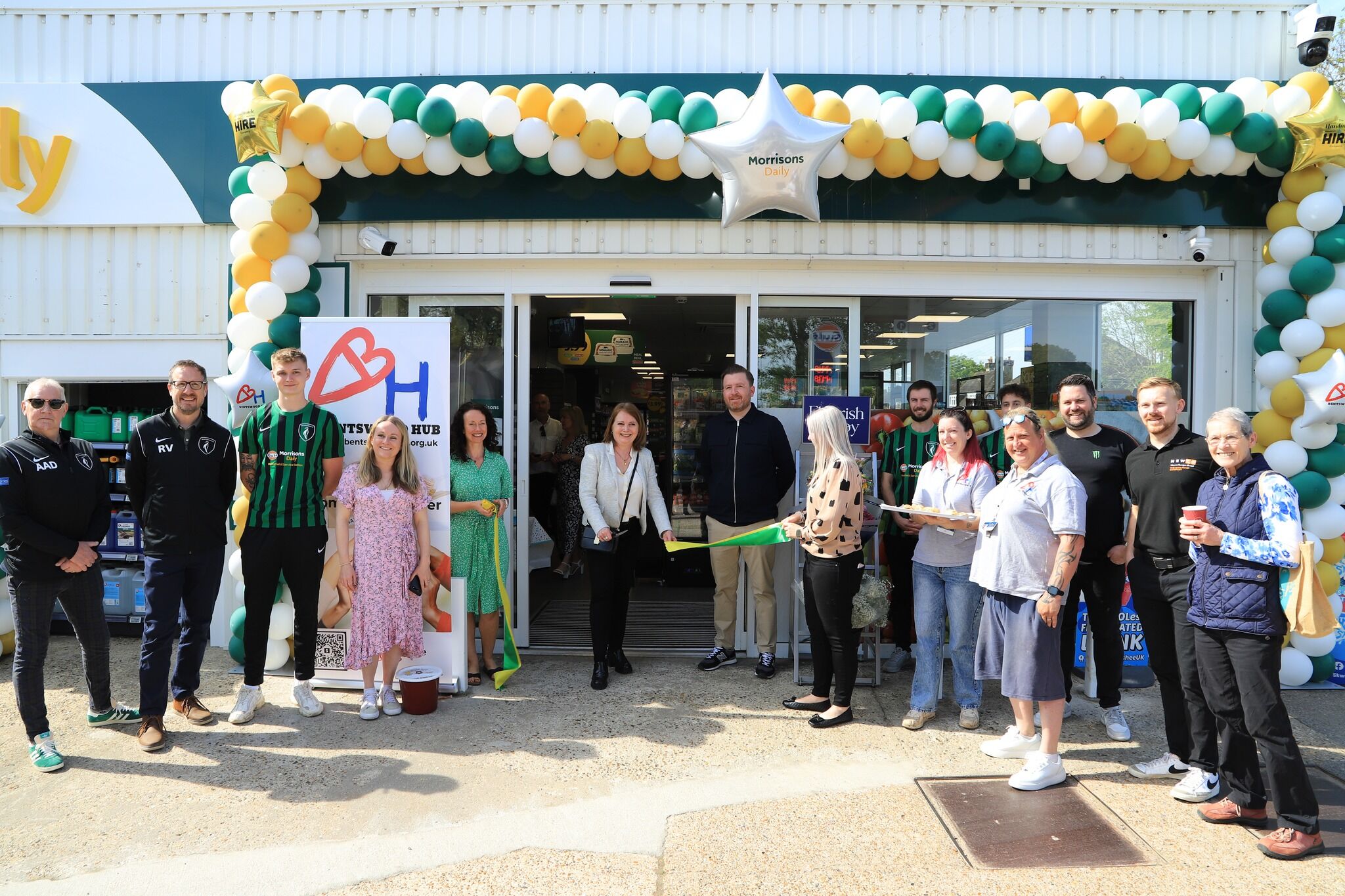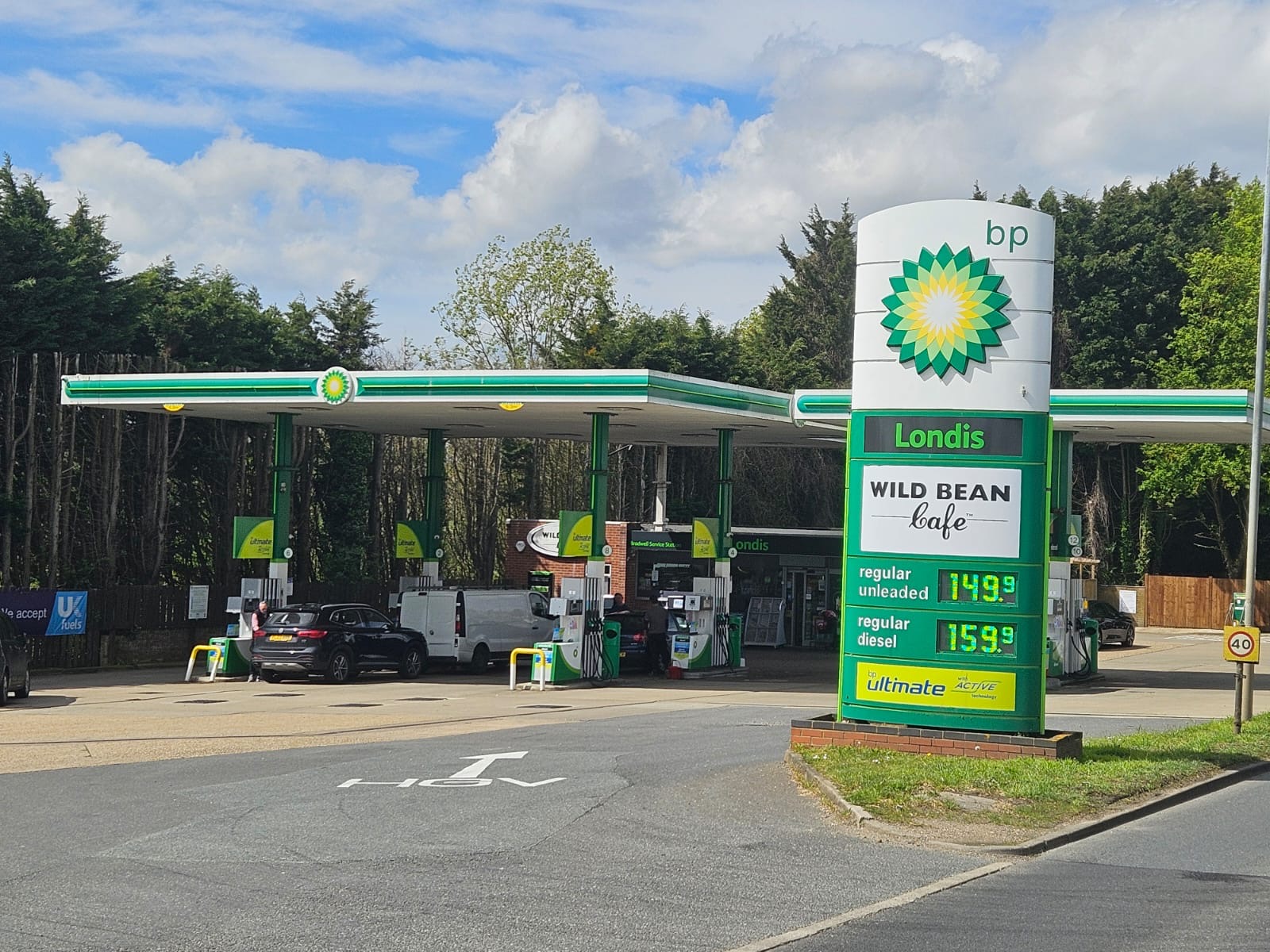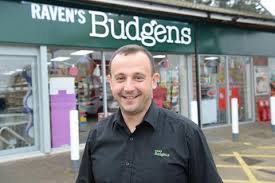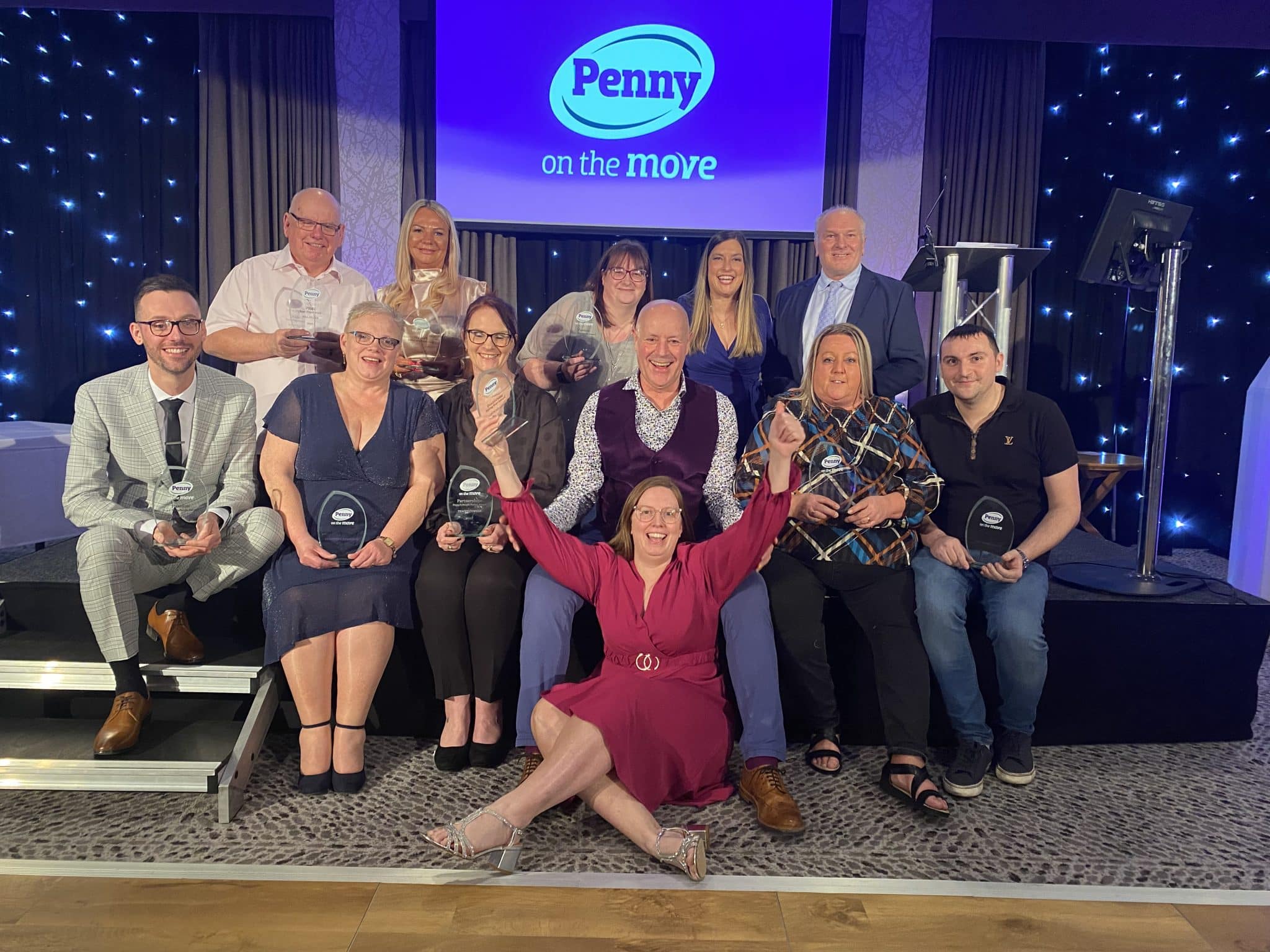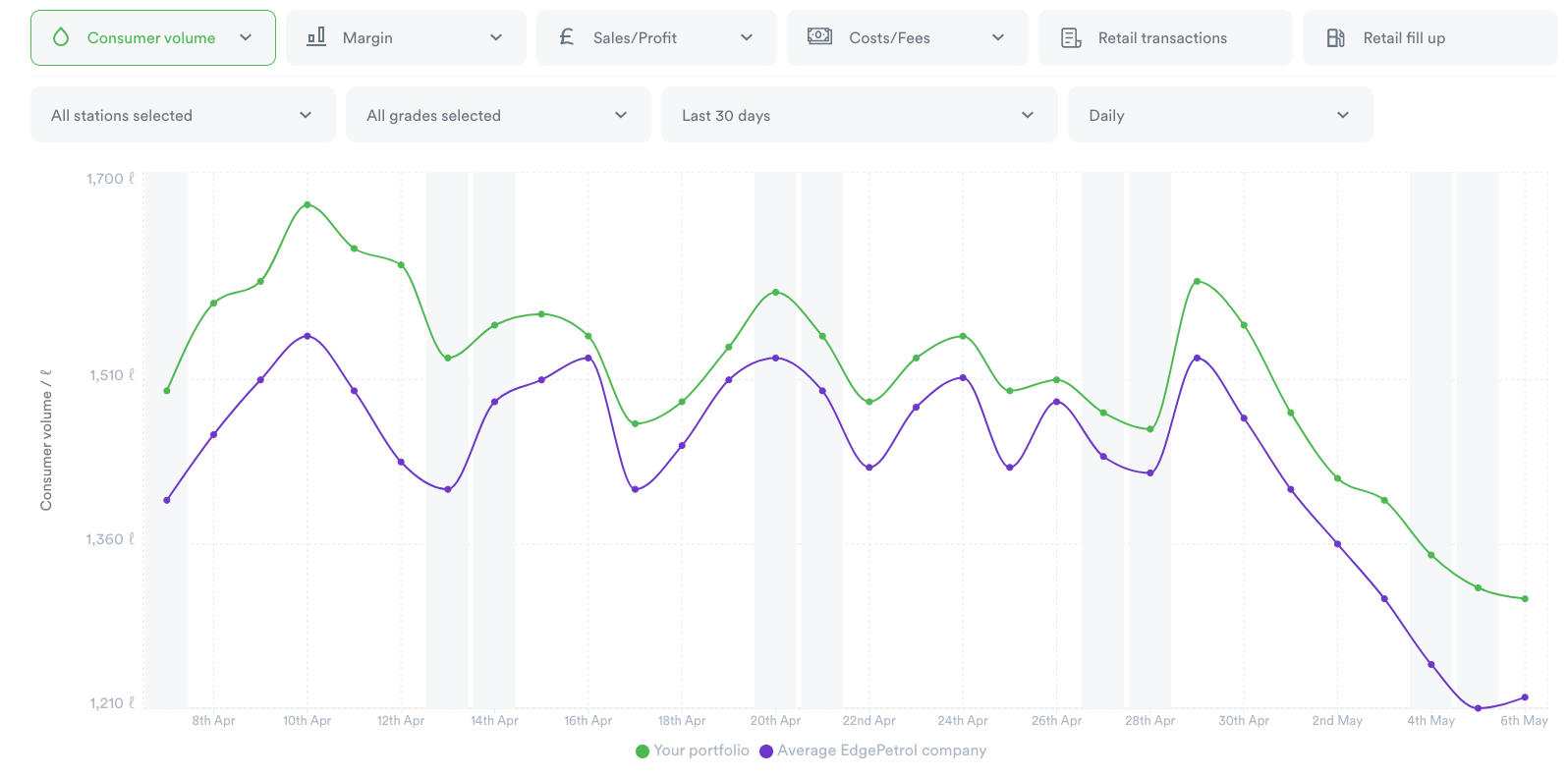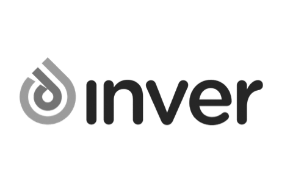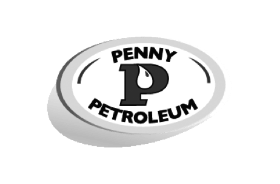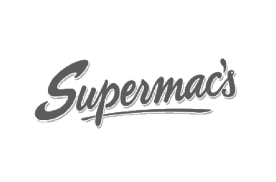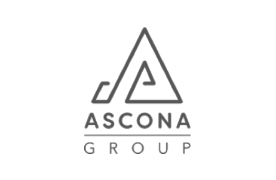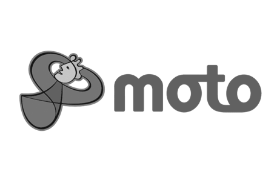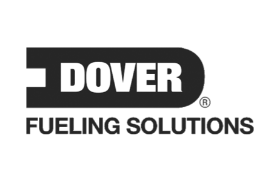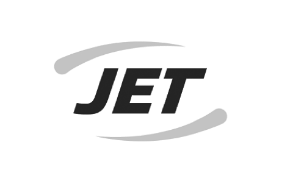I’ve never run a forecourt.
I’ve never worked in one.
So what makes me qualified to talk about how to run a great team on the forecourt?
Over seven years I’ve seen top independent retailers employ their leadership skills over in fuel retail, and I’ve been taking note.
Plus, leadership is transferable, so I guess my opinion counts? Right?
So, first off, what are the challenges?
Retail has an above average turnover (almost 60% in the UK). That’s four times higher than most other industries!
Turnover costs your business more money, but can also lead to inconsistency in service. With retail crime a key challenge for many forecourts, keeping hold of a well trained team is also imperative to keeping costs low.
The team members you do have can vary in age, interest, skill set and career path. This can make if difficult to:
- Drive consistency across your forecourt(s).
- Develop the team’s skills in the right areas.
- Make people feel part of the team.
- Build the culture you want at your stations.
Your team is the face of your business, interacting with customers daily. Their ability to provide excellent service can significantly influence customer satisfaction and loyalty. It’s vital to build a team that enhances your station’s reputation and performance.
So how do you do it well?
The first thing to do is build a set of values.
It may sound obvious and cliche…but do you have them?
Having a set of core values that your team can adhere to is crucial, especially when you have a diverse workforce in terms of age, experience, and background. These values should reflect the mission and vision of your business and guide how your team members interact with customers and each other.
Core values create a unified culture, making it easier to train and coach the team to work towards common goals and maintain consistent service standards.
Whether you are a big group or a smaller independent group, this is important.
Having a set of core values that your team can adhere to is crucial, especially when you have a diverse workforce in terms of age, experience, and background. These values should reflect the mission and vision of your petrol station and guide how employees interact with customers and each other. Core values create a unified culture, making it easier for everyone to work towards common goals and maintain consistent service standards.
Penny Petroleum, closing in on 100 sites and one of the UK’s biggest independent fuel retailers, is known for their Five P’s and this helps drive consistency through the business.
I know that David Penny doesn’t just preach these values, he practises them too. We’ve worked with David for five years now and he values our partnerships. He- and everyone I’ve met from his team- is positive and passionate and they do so with pride.
In fact, I’ve seen members of his team at different levels away from site at industry events having been encouraged by David personally to learn, grow and develop.
An example of a smaller retailer who has successfully put values in place is three-site retailer Stevenson. Part of the actual vision for the company is to “grow our people”. John Stevenson’s focus on building and developing a cohesive team has helped the company win eleven industry awards. You can see their values on their website.
This leads nicely to developing team members.
Slaton Whatley from US independent Whatley Oil has built an entire training centre for his team. He likes to grow from within and that can build a winning culture. In fact, when he took over the business one of the first things he did was promote one of their Store Managers of 20 years to run operations for the business.
Bringing this knowledge from store to head office gave Slaton a huge amount of knowledge he could work with. He also has someone in a ‘people ops’ role to make sure that the team is happy and developing.
Smaller retailers are unlikely to have the resources to hire people into these roles but that doesn’t mean you as a leader can neglect them. Whether you run a small team on one station or a team of one hundred across fifty, your number one job is leadership and you’ll just have to take on the responsibility yourself.
So, you’re developing and training your team. But it is important to find other ways to keep them motivated.
There are lots of different ways you can incentivise team members to do their best work.
Having now exited the market, KSC Worldwide, who owned seven sites in the North East of England, used to teach their team how to run accounts and made Store Managers responsible for presenting their P&L at monthly meetings. Overperformance would lead to bonuses. Underperformance would lead to difficult questions.
I always loved this example (and had the pleasure of seeing it first-hand). This gave their members development opportunities whilst driving accountability for performance.
From my own experience, I can draw on setting expectations and reviewing them at least quarterly can help drive both performance and retention within a team.
If your team knows where you stand it is a lot more likely that they’ll let you know where they stand. Being able to look back and see whether they have met expectations allows you to identify areas for improvement and removes the potential for ambiguity.
At EdgePetrol, each team member has a documented description of their role and set of expectations. It sounds like a job specification, but it’s not, because job specifications are external. This is an evolving document that is internal facing only. And it’s outlined like this:
What is your role?
Here we include:
- A description of the team they are in and why that team is important to overall business functionality and success.
- A description of their role within that team and why it is important to team functionality and success.
A great [role] will…
Here we include:
- What someone who is doing a great job in this role does.
- High level expectations on conduct, following values etc.
- Specific expectations for their role.
- Measurable outcomes (retaining customers, for example)
Skills required
Here we include:
- The skills the team member is expected to use to meet these expectations.
- Additional skills for development.
We get buy-in from the team members that this is what their role should be and we review these expectations quarterly in our appraisals.
In conclusion, culture is how your business operates and more often than not your business is just a group of people working together towards a goal. You could say culture is just how people work together in a business.
As a leader, you have the power to influence this and overcome some of the challenges we face today with building a great team.


